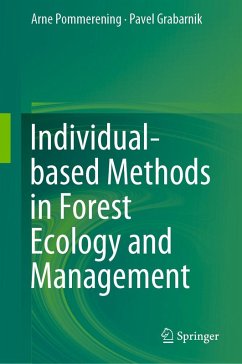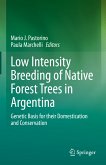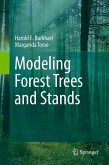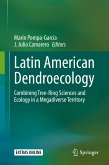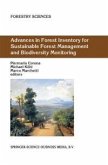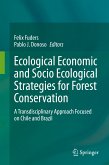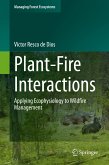Model-driven individual-based forest ecology has emerged in the 1990s and has given rise to a wealth of publications. At the same time, individual-based methods in forest management have been refined in a number of different countries and steadily grow in importance. For the first time this book integrates three main fields of forest ecology and management, i.e. tree/plant interactions, biometry of plant growth and human behaviour in forests. Individual-based forest ecology and management is an interdisciplinary research field with a focus on how the individual behaviour of plants contributes to the formation of spatial patterns that evolve through time. Key to this research is a strict bottom-up approach where the shaping and characteristics of plant communities are understood to be mostly the result of interactions between plants and between plants and humans. Written in a highly accessible style, the book provides essential information on theories and concepts of individual-basedforest ecology and management and introduces point process statistics for analysing plant interactions. This is followed by methods of spatial modelling with a focus on individual-based models. The text is complemented by key concepts of modern plant growth science. Finally new methods of measuring, analysing and modelling human interaction with trees in forest ecosystems are introduced and discussed. For better access and understanding, all methods introduced in this book are accompanied by example code ready to use in the statistical software R and by worked examples. Additional technical details are given in three appendices.
Dieser Download kann aus rechtlichen Gründen nur mit Rechnungsadresse in A, B, BG, CY, CZ, D, DK, EW, E, FIN, F, GR, HR, H, IRL, I, LT, L, LR, M, NL, PL, P, R, S, SLO, SK ausgeliefert werden.

